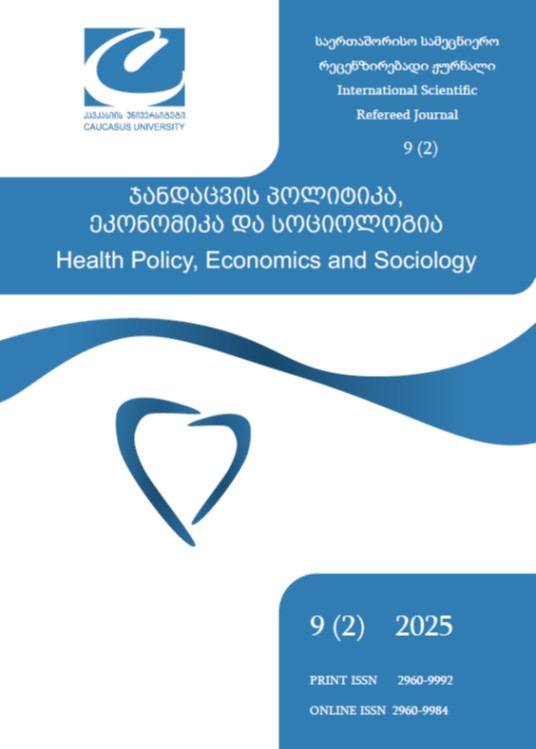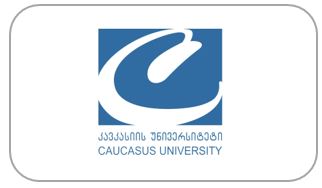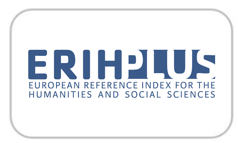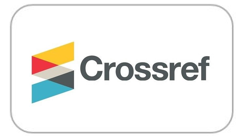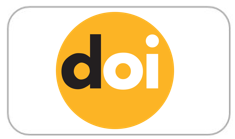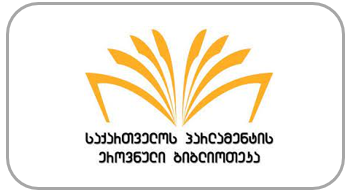ინსულტისშემდგომი რეაბილიტაციის ხელმისაწვდომობა საქართველოში
DOI:
https://doi.org/10.52340/healthecosoc.2025.09.02.05საკვანძო სიტყვები:
ცხოვრების ხარისხი, რეაბილიტაცია, საყოველთაო ჯანდაცვის პროგრამა, ინსულტი, ინსულტის რეაბილიტაციაანოტაცია
შესავალი: ინსულტი საქართველოში წარმოადგენს ერთ-ერთ უმნიშვნელოვანეს საჯარო ჯანდაცვის გამოწვევას, რომელიც ხასიათდება მაღალი ავადობით, შეზღუდული შესაძლებლობით და სიკვდილიანობით. ინსულტის გავრცელება საქართველოში მზარდი ტენდენციით მიმდინარეობს. ინსულტის შემდგომი გართულებები, როგორიცაა მოძრაობის, მეტყველების, ყლაპვის, კოგნიტური და ფსიქოსოციალური ფუნქციების დარღვევა, საჭიროებს დროულ და სრულფასოვან რეაბილიტაციას, რაც მნიშვნელოვან ფინანსურ და ადამიანურ რესურსს მოითხოვს. როგორც განვითარებად ქვეყანაში, საქართველოსთვის ინსულტის შემდგომი რეაბილიტაციის სახელმწიფო დაფინანსება წარმოადგენს არსებით წინგადადგმულ ნაბიჯს. აღნიშნული პროგრამა 2022 წლიდან ამოქმედდა, თუმცა მისი მასშტაბი, მოცვა და ეფექტიანობა საჭიროებს შეფასებას. ნაშრომის მიზანია შეისწავლოს რეაბილიტაციის სერვისების ხელმისაწვდომობა ინსულტგადატანილი პაციენტებისთვის, გამოკვეთოს არსებული ბარიერები და შეაფასოს პროგრამის შედეგიანობა როგორც პაციენტების, ისე ჯანდაცვის პროფესიონალების პერსპექტივიდან. მეთოდი: კვლევისათვის გამოყენებული იქნა შერეული მეთოდოლოგია: ჩატარებული იქნა რაოდენობრივი გამოკითხვა პაციენტებთან და სიღრმისეული ინტერვიუ ექიმ ნევროლოგებთან, რომლებიც რეაბილიტაციის პროცესში უშუალოდ არიან ჩართული. შედეგები: მონაცემთა ანალიზმა აჩვენა, რომ რეაბილიტაციის დაფინანსება პაციენტთა მდგომარეობის გაუმჯობესების გადამწყვეტ ფაქტორს წარმოადგენს. რესპონდენტთა უმრავლესობამ აღნიშნა კლინიკური და ფუნქციური გაუმჯობესება რეაბილიტაციის კურსის გავლის შემდეგ. თუმცა, კვლევამ ასევე გამოავლინა რამდენიმე მნიშვნელოვანი პრობლემა: პაციენტების 91% თბილისში მცხოვრებია, მაშინ როცა ინსულტის შემთხვევათა დაახლოებით 75% რეგიონებში ფიქსირდება. ეს მიუთითებს მომსახურების გეოგრაფიული უთანასწორობის არსებობაზე. ოფიციალური მონაცემებით, 2022–2025 წლებში ინსულტის შემდგომი რეაბილიტაციის დაფინანსებით ისარგებლა მხოლოდ 956 პაციენტმა, მაშინ როდესაც ყოველწლიური საჭიროება ათეულათასობით შემთხვევით იზომება. დასკვნა: სახელმწიფოს მიერ რეაბილიტაციის სერვისების დაფინანსების დაწყება პოზიტიური და აუცილებელი ნაბიჯია, თუმცა პროგრამა ვერ აკმაყოფილებს იმ მასშტაბურ საჭიროებას, რაც არსებობს ქვეყანაში, განსაკუთრებით რეგიონებში. ხელმისაწვდომობის დაბალი დონე, ინფრასტრუქტურის დეფიციტი, სპეციალისტების სიმწირე და ინფორმაციული ბარიერები მნიშვნელოვან სისტემურ გამოწვევად რჩება. ამ მიზეზით, საჭიროა სერვისების გაფართოება, დაფინანსების მოდელის გადახედვა და ინფორმაციის გავრცელების სისტემური გაუმჯობესება, რათა ინსულტის გადატანილი პაციენტებისთვის რეაბილიტაცია გახდეს დროული, ხელმისაწვდომი და სრულყოფილი.
წყაროები
ვერულავა, თ. (2019). ამბულატორიული მედიკამენტების ფინანსური ხელმისაწვდომობა ხანდაზმულთათვის. ჯანდაცვის პოლიტიკა, ეკონომიკა და სოციოლოგია, 3.
ვარდუკაძე, მ., ვერულავა, თ. (2023). საპენსიო ასაკის პირების ფინანსური ხელმისაწვდომობა გადაუდებელ ონკო-ჰემატოლოგიურ მომსახურეობაზე DRG მოდელის დანერგვის შემდეგ. ჯანდაცვის პოლიტიკა, ეკონომიკა და სოციოლოგია, 7(2).
Global Stroke Factsheet. International Journal of Stroke. 2022, Vol. 17(1) 18–29.
Feigin, VL, Brainin, M., Norrving, B., Martins, S., Sacco, R.L., Hacke, W., Fisher, M., Pandian, J., Lindsay, P. (2022). World Stroke Organization (WSO): Global Stroke Fact Sheet 2022. Int J Stroke. 17(1):18-29. doi: 10.1177/17474930211065917.
Langhorne, P., O’Donnell. M.J., Chin, S.L., et al. (2018). Practice patterns and outcomes after stroke across countries at different economic levels: an international observational study. Lancet, 391: 2019-2027.
Magaqa, Q., Ariana, P., Polack, S. (2021). Examining the Availability and Accessibility of Rehabilitation Services in a Rural District of South Africa: A Mixed-Methods Study. Int J Environ Res Public Health 18.
Lanas, F., Seron, P. (2021). Facing the stroke burden worldwide. The Lancet Global Health, 9 (3): e235-e236
Luengo-Fernandez, R., Violato, M., Candio, P., Leal, J. (2019). Economic burden of stroke across Europe: A population-based cost analysis. Eur Stroke J. 239698731988316. doi: 10.1177/2396987319883160.
Owolabi, M.O., Thrift, A.G., Martins, S., et al. (2021). The state of stroke services across the globe: Report of World Stroke Organization-World Health Organization surveys. Int J Stroke 16:889-901.
Williams, S.J., Gabe, J., Davis, P. (2011). The Sociology of Pharmaceuticals: Progress and Prospects. Sociology of Health & Illness 33 (5): 719–733.
World Health Organization. (2017). Rehabilitation 2030: The Need to Scale Up Rehabilitation. Geneva, Switzerland: World Health Organization.
